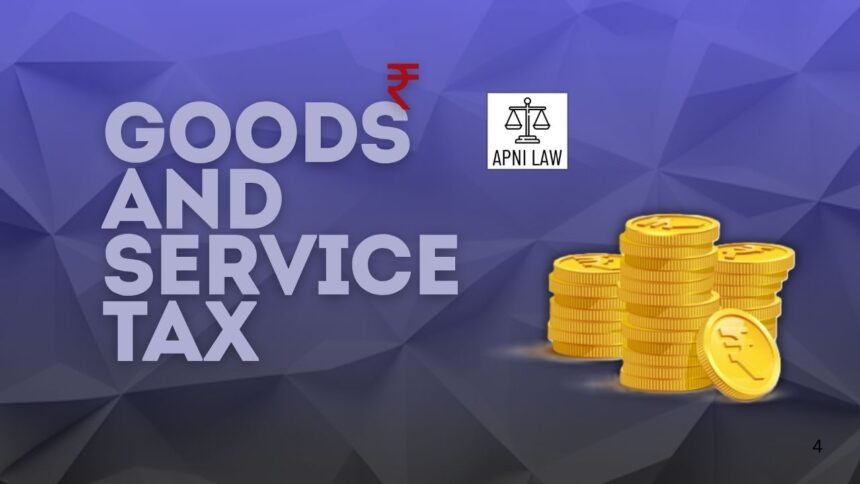Introduction
The Goods and Services Tax (GST) system in India differentiates between inter-State and intra-State supply. This classification decides whether IGST or CGST/SGST will apply. Section 7 of the IGST Act defines inter-State supply, while Section 10 of the CGST Act explains how to determine the place of supply for goods.
What Qualifies as Inter-State Supply?
A supply becomes inter-State when the supplier and the place of supply are in:
- Two different States,
- Two different Union Territories, or
- A State and a Union Territory.
In these cases, GST treats it as inter-State trade. The same rule applies to both goods and services.
Also, when goods are imported into India, they are considered inter-State supply until they cross Indian customs. Similarly, imported services also fall under inter-State supply.
Supplies made to or by a Special Economic Zone (SEZ) developer or SEZ unit are always inter-State. When the supplier is in India but the place of supply is outside India, it’s also treated as inter-State. Any supply not considered intra-State and not covered under other provisions of Section 7 is inter-State by default.
How Does the Place of Supply of Goods Work?
Section 10 explains how to determine the place of supply for goods within India, excluding imports and exports.
- If the supply involves movement, the place of supply is where the movement ends for delivery.
- When a third party directs delivery to someone else, the place of supply is the third person’s business address.
- If no movement is involved, the supply location is where goods are delivered.
For supplies to unregistered persons, the invoice address decides the place of supply. If no address appears on the invoice, the supplier’s location is treated as the place of supply.
When goods are assembled or installed at a site, that site becomes the place of supply. For goods sold on board (train, aircraft, ship, or vehicle), the boarding point is the supply location.
If the place of supply cannot be determined from these rules, the government will notify a method for identifying it.
How Does Intra-State Supply under GST Work
Intra-State supply occurs when both the supplier and the place of supply are within the same State or Union Territory. This type of supply attracts Central GST (CGST) and State GST (SGST) or Union Territory GST (UTGST).
However, there are two major exceptions. A supply is not considered intra-State if:
- It is made to or by a Special Economic Zone (SEZ) developer or unit.
- It is an import or export of goods or services.
In such cases, even if the supplier and recipient are in the same State, the transaction will be treated as inter-State for GST purposes.
SEZ Supplies Are Always Inter-State
Supplies made to or by SEZ units or SEZ developers are always treated as inter-State supply under the GST Act. This applies regardless of the supplier’s location.
This rule helps in enabling zero-rated benefits for SEZ transactions. It also ensures that such supplies qualify for Input Tax Credit (ITC) and tax refunds, which support export-friendly policies.
Conclusion
Understanding Sections 7 and 10 is key to determining whether a transaction is inter-State or intra-State. These sections help identify the place of supply and the applicable tax type. Accurate classification ensures compliance and avoids legal issues under GST law.







